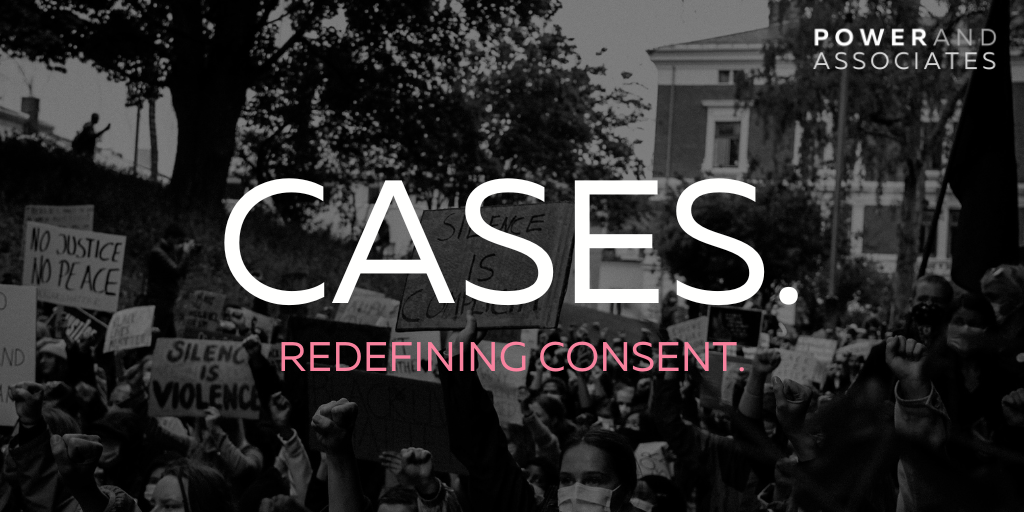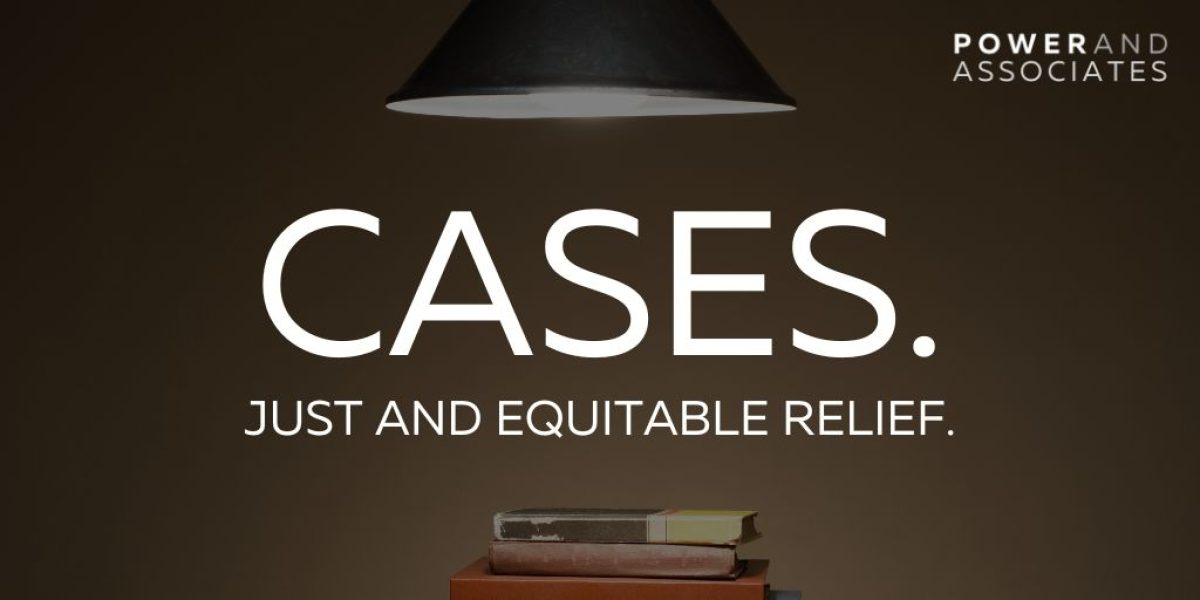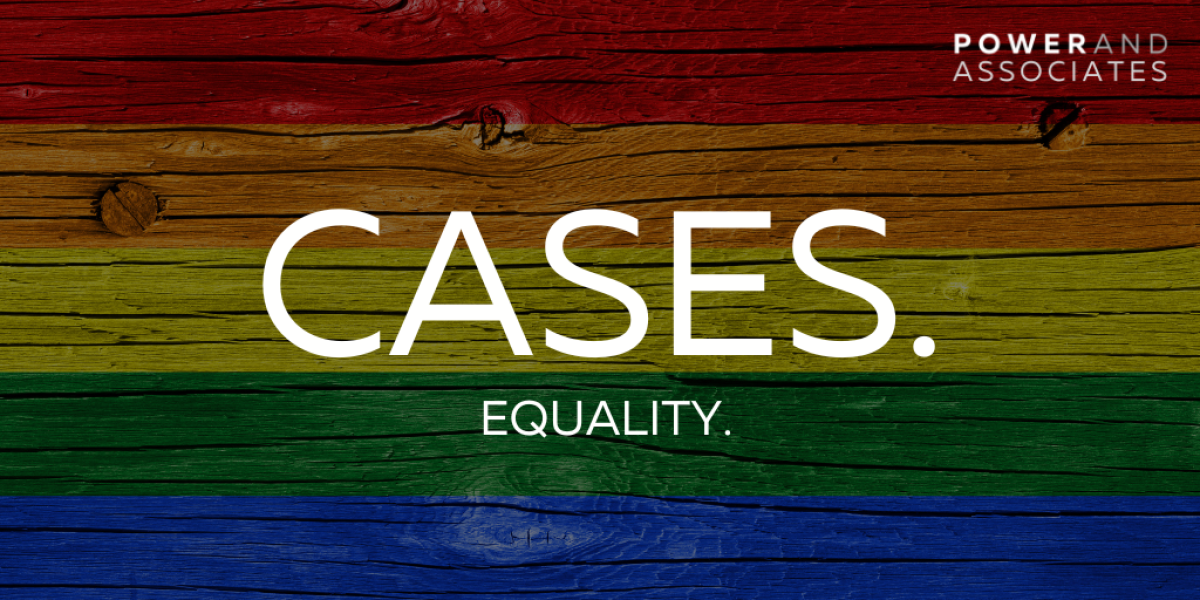The Embrace Project NPC and Others v Minister of Justice and Correctional Services and Others
Trigger warning
Case: The Embrace Project NPC and Others v Minister of Justice and Correctional Services and Others (CCT314/24; 48656/22)
Court: Constitutional Court of South Africa
Date of hearing: TBC
Status: High Court judgment by Baqwa J handed down on 30 September 2024. In terms of section 172(2) of the Constitution, the First and Second Applicants applied to the Constitutional Court on 21 October 2024 for an order confirming the order of constitutional invalidly declared by the High Court.
Last updated: 27 November 2024
*****
Case overview: The Embrace Project, a non-profit organisation which aims to combat gender-based violence, and a rape survivor (First and Second Applicants) have filed an application challenging the constitutionality of the Criminal Law (Sexual Offences and Related Matters) Act 32 of 2007 (“Act”) and its definition of consent. The Minister of Justice and Correctional Services, the President, and the Minister of Women, Youth, and Persons with Disabilities are cited as the Respondents. The First and Second Applicants are represented by Power & Associates. The Third Applicant is the Centre for Applied Legal Studies (CALS).
Following S v Coko, a recent case highlighting the challenges with the current definition of consent, and cognisant of the harrowing lived experiences of countless victims and survivors in South Africa, this matter challenges the prevailing norm that an unqualified subjective belief in consent means that a victim or survivor of a sexual offence cannot secure justice for “one of the most heinous affronts to their dignity and bodily and psychological integrity.”
In terms of the Act, a perpetrator of rape and/or sexual violence can be acquitted if they subjectively believed there was consent – even if that belief was unreasonable. This subjective threshold places an almost insurmountable barrier to the conviction of a perpetrator who has been found to have objectively committed an act of rape or sexual violence without the consent of the victim or survivor, but where it could not be proved that the perpetrator subjectively intended to rape or sexually assault the victim or survivor.
The First and Second Applicants argue that this position is outdated and unconstitutional, and violates the constitutional rights of victims and survivors to equality, dignity, privacy, and freedom and security of the person. The Applicants further argue that this is contrary to the South African government’s duty to prevent and punish sexual violence, and it is inconsistent with international human rights law and legal developments in comparable constitutional democracies across the world. Importantly, the Applicants submit that the Act perpetuates disrespect and disregard for women’s sexual autonomy.
As a result, the First and Second Applicants seek a declaration of constitutional invalidity and propose an interim reading-in into the Act while Parliament remedies the legislative defects (within a 12-month period).
Advocates Nasreen Rajab-Budlender SC, Ben Winks, Lerato Phasha, and Sanan Mirzoyez are on brief for the First and Second Applicants in this matter.
In a judgment dated 30 September 2024, Baqwa J granted substantially similar relief to that sought by the First and Second Applicants. In doing so, the order provides that:
Sections 3,4,5,6,7,8,9 read with section 1(2) of the Criminal Law (Sexual Offences and Related Matters ) Act 32 of 2007 are declared unconstitutional, invalid and inconsistent with the Constitution to the extent that these provisions do not criminalise sexual violence where the perpetrator wrongly and unreasonably believed that the complainant was consenting to the conduct in question, alternatively, to the extent that the provisions permit a defence against a charge of sexual violence where there is no reasonable objective believe in consent.
Baqwa J also suspended the declaration of invalidity for 18 months, ordered an interim reading-in into the Act, and awarded the First and Second Applicants costs, including the costs of two counsel.
In terms of section 172(2) of the Constitution, the First and Second Applicants have applied to the Constitutional Court for an order confirming the order of constitutional invalidly declared by the High Court. The Third Applicant has applied to appeal the High Court order.
In November 2024, the Constitutional Court issued directions, ordering that the application for confirmation and application for leave to appeal be consolidated into one matter. The parties are due to file written submissions in early 2025.
*****
Constitutional Court papers:
- Directions from the Constitutional Court (27 November 2024)
- Answering Affidavit in relation to the Application fo Leave to Appeal by the First and Second Applicants (4 November 2024)
- Application for Leave to Appeal by the Third Applicant (22 October 2024)
- Application for Confirmation by the First and Second Applicants (21 October 2024) (case number allocation)
High Court judgment:
- High Court Judgment (30 September 2024)
High Court papers:
- Notice of Motion and Founding Affidavit (15 November 2022)
- Rule 16A Notice (16 November 2022)
- Notice of Intention to Oppose – First Respondent (1 December 2022)
- Application to Intervene by the Centre for Applied Legal Studies (7 February 2023)
- First Respondent’s Answering Affidavit (16 March 2023)
- First Respondent’s Supplementary Affidavit (19 April 2023)
- First and Second Applicants’ Replying Affidavit (9 May 2023)
- First and Second Applicants’ Heads of Argument (21 November 2023)
- Third Applicant’s Heads of Argument (22 November 2023)
- First Respondent’s Heads of Argument (14 April 2024)
- Amici Curiae’s Heads of Argument (19 April 2024)
- Embrace Project Press Release (25 November 2022)
- Embrace Project Press Release (22 March 2023)
-
- [Article] GroundUp, Understanding the High Court ruling on rape and consent (14 October 2024)
- [Article] Daily Maverick, Nonprofit Embrace Project takes on justice department over ‘problematic’ definition of rape in Sexual Offences Act (23 December 2022)
- [Article] EWN, Embrace Project takes current legal meaning of sexual consent to the High Court (28 November 2022)
- [Video] Newzroom Afrika, NPO files a challenge in court against the definitions of consent & rape in the Sexual Offenses Act (25 November 2022)
- [Video] SABC, 16 Days of Activism | Definition of rape and sexual consent: Leanne Germanos (25 November 2022)
- [Article] News 24, NPO challenges constitutionality of rape and consent definitions in Sexual Offences Act (25 November 2022)
- [Article] Mail & Guardian, Nonprofit takes Ramaphosa’s government to court over Sexual Offences Act amendments (25 November 2022)
Attorneys:









